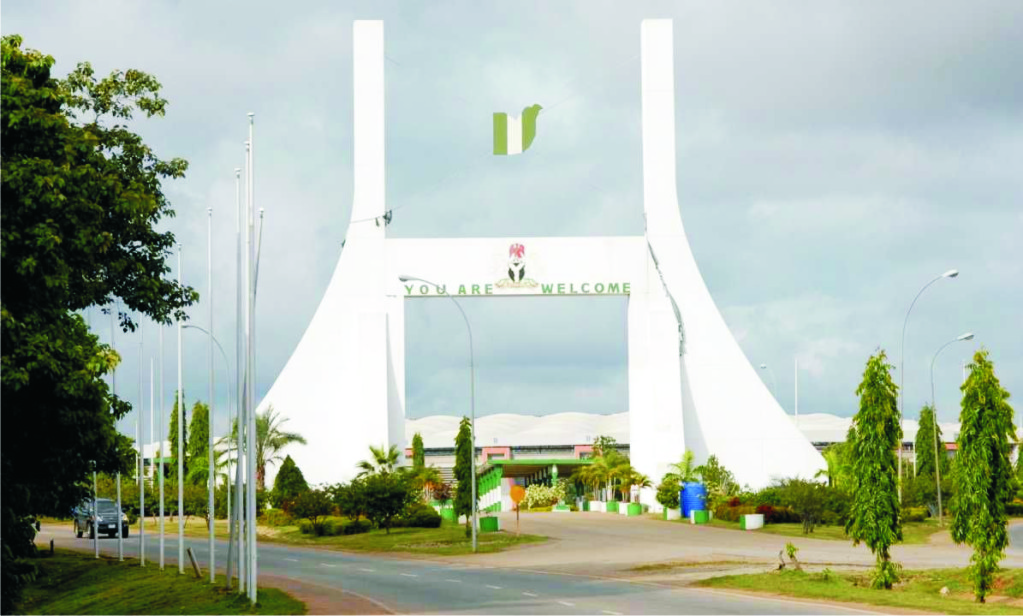Business
Nigeria Gets $813m From Cashew Export

Minister of Agriculture, Sabo Nanono, has disclosed that the cashew sub-sector generated over $813million between 2015 and 2017.
Nanono in his keynote at the Cashew Stakeholders and Export meeting, organised by the Association of Cashew Farmers, Aggregators, and Processors of Nigeria (ACFAP),,last Friday pointed out that Cashew being the second non-oil export commodity has been contributing significantly to the nation’s foreign exchange earnings.
Nanono, who was represented by Director Agriculture Extension in the Ministry, Mrs Karima Babangida, noted that “The cashew sub-sector is one of the commodities Nigeria has comparative advantage in its production, processing and marketing.
Unfortunately, this advantage has not been fully harnessed, and therefore, I’m particularly delighted with this event for the opportunity to address the constraints against contributions to Nigeria’s foreign earnings through cashew value-chain developments and exportation.
He recalled that although cashew development started in Nigeria in early 1950’s, the current national production is estimated at 350,000mt with an average yield of about 600kg per hectare compared to the global average of 1,230kg per hectare.
The minister listed some of the constraint limiting the growth of the subsector to include unselected and poor quality planting materials, aging plantation, poorly organised and coordinated stakeholders, and lack of access to cashew-specific funding. Others according to him are dearth of inputs, low plantation productivity, low processing capacity, of existing plants and equipment, few incentives to investors in processing, absence appropriate credit, and lack of reliable statistics and data.
He said the overall goal of the cashew value chain is to promote policies and capacity and technology for exploiting the high potential of the cashew value chain. This he s aid, would help increase the yield to over 500,000mt by Year 2023, with yield enhancement from 613mt to 800 per hectare.
He added that government’s primary objectives are to improve cashew productivity expand national heterogeneous, rehabilitate the old existing plantations, improve and increasing pro processing and storage capacity and develop effective marketing information system in the sector.
Meanwhile, the National President of ACFAP, Augustine Edime, in his opening address, decried that Ivory Coast, a country with a population of about 25.2 million people and a land mass of 322,463 km2 is leading the way in cashew production in Africa, with yearly export of about 725,000Mt/Annum.
On the other hand, he said Nigeria with a population of about 200.96 million people and land mass of 923,763 km² exports about 260,000Mt, making it the fourth largest exporter of cashew among all the cashew producing nations.
He therefore stressed the need to look into the future with a sense of urgency and patriotism, and urged Nigeria to start earning significantly from the cashew industry through export and not subject farmers to the dictates of other countries.
Transport
Automated Points Concession : FAAN Workers Gave 72hrs To Revise Decisions In PH

Transport
FAAN Announces Pick-Up Points for Go-Cashless Cards

Business
Fidelity Bank To Empower Women With Sustainable Entrepreneurship Skills, HAP2.0
-
Politics2 days ago
2027: NIGERIANS FAULT INEC ON DIGITAL MEMBERSHIP REGISTER DIRECTIVE
-

 Environment3 days ago
Environment3 days agoLAWMA Director Says Sweeping Reforms Have Improved Waste Collection
-
Politics2 days ago
LP Crisis: Ex-NWC Member Dumps Dumps Abure Faction
-

 Politics2 days ago
Politics2 days agoUmahi Dismisses Allegations On Social Media, Insists On Projects Delivery
-

 Sports2 days ago
Sports2 days agoAbia Not Sure To Secure continental Ticket
-
Sports2 days ago
La Liga: Yamal Records First Career Hat-trick
-
Politics2 days ago
NATASHA ELECTRIC VEHICLES INITIATIVE IN KOGI CENTRAL
-

 Sports2 days ago
Sports2 days agoCity Survive Leeds’ Challenge At Elland Road

